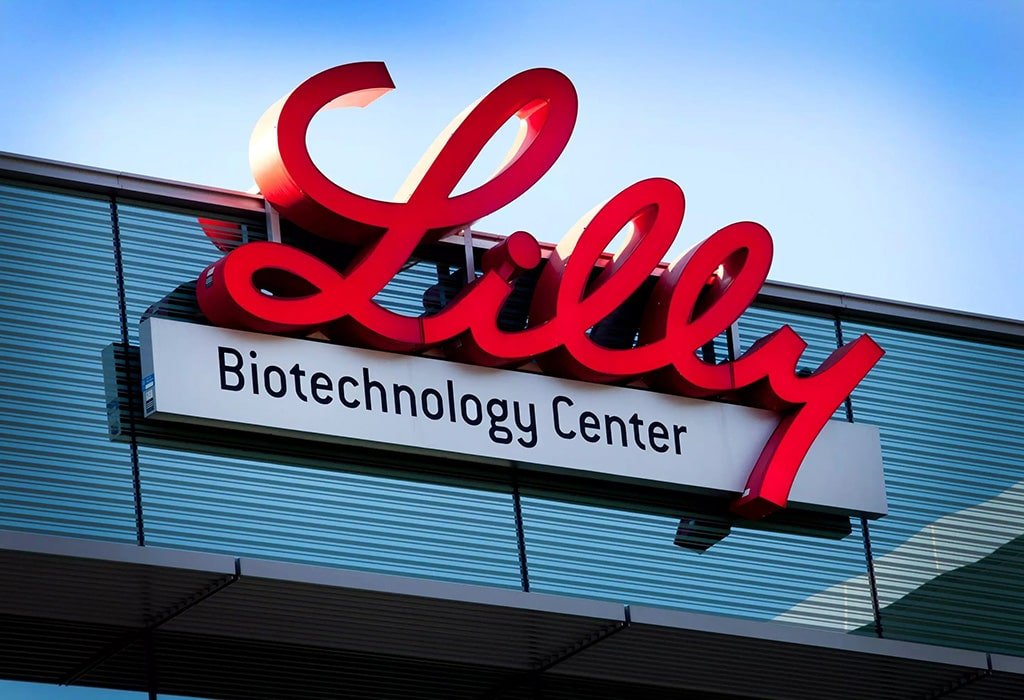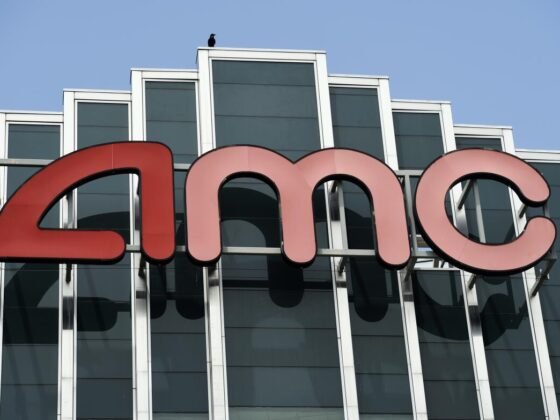
Leading pharmaceutical companies, Novo Nordisk (NYSE: NVO) and Eli Lilly (NYSE: LLY), are anticipated to see significant revenue growth from their newly developed obesity drugs, according to financial analysts’ predictions. These medications, known as GLP-1 receptor agonists, are considered the safest and most effective weight-loss drugs currently available. They offer potential body weight reductions of up to 20% and could also diminish patients’ risk of heart attack or stroke.
The market demand for these new drugs is expected to increase as more supply becomes available and additional GLP-1s receive approval from the Food and Drug Administration (FDA) for weight loss applications. However, this optimistic outlook for pharmaceutical manufacturers may pose a financial challenge for those responsible for acquiring the nation’s medicines.
Insurers, employers, and government programs could face a healthcare crisis as the expenditure on these drugs may become overwhelming. The financial strain is predicted to escalate between 2025 and 2027. This period might coincide with the commencement of Medicare coverage for these medicines, which could subsequently lead to a decrease in the prices of some of these drugs.
Despite the substantial promise these new obesity drugs hold for patients, their potential impact on the healthcare economy calls for careful examination. The financial implications of large-scale adoption of these medications could present significant challenges for companies and government agencies responsible for healthcare funding.










